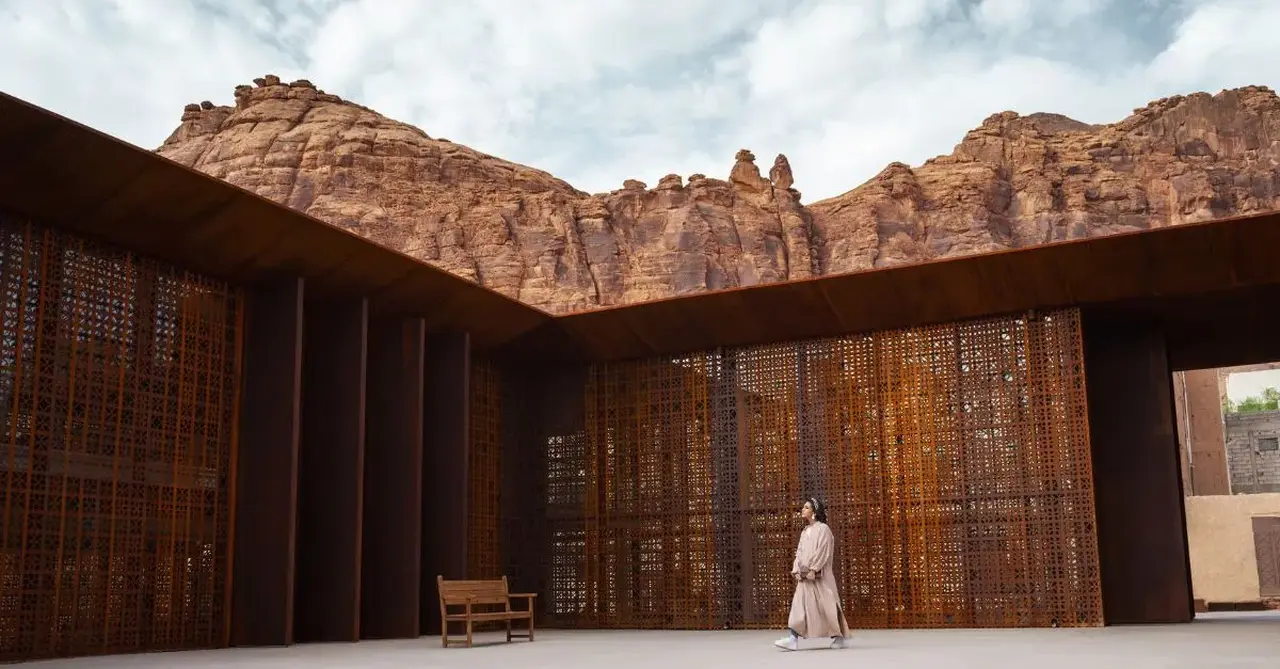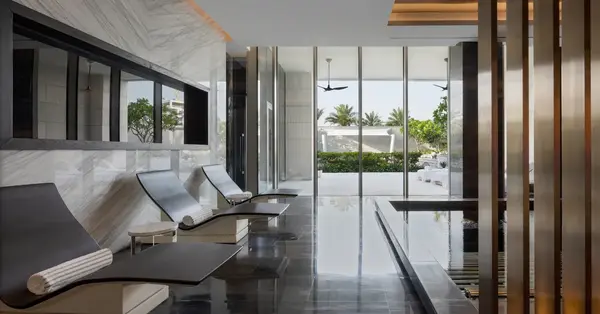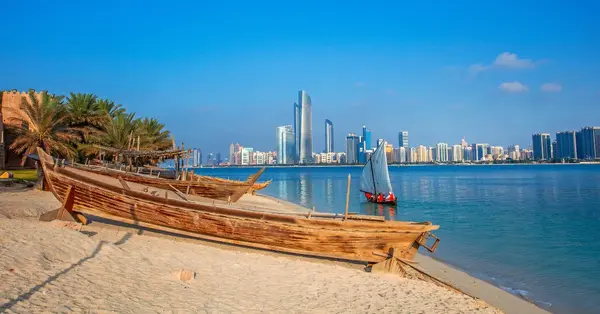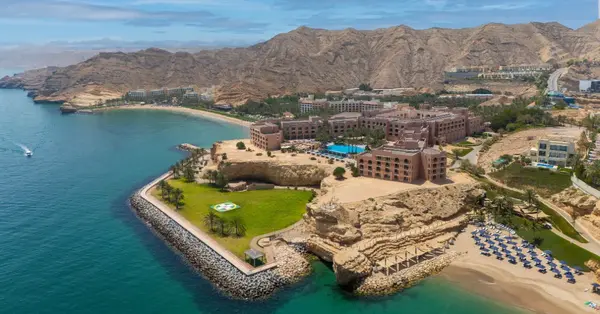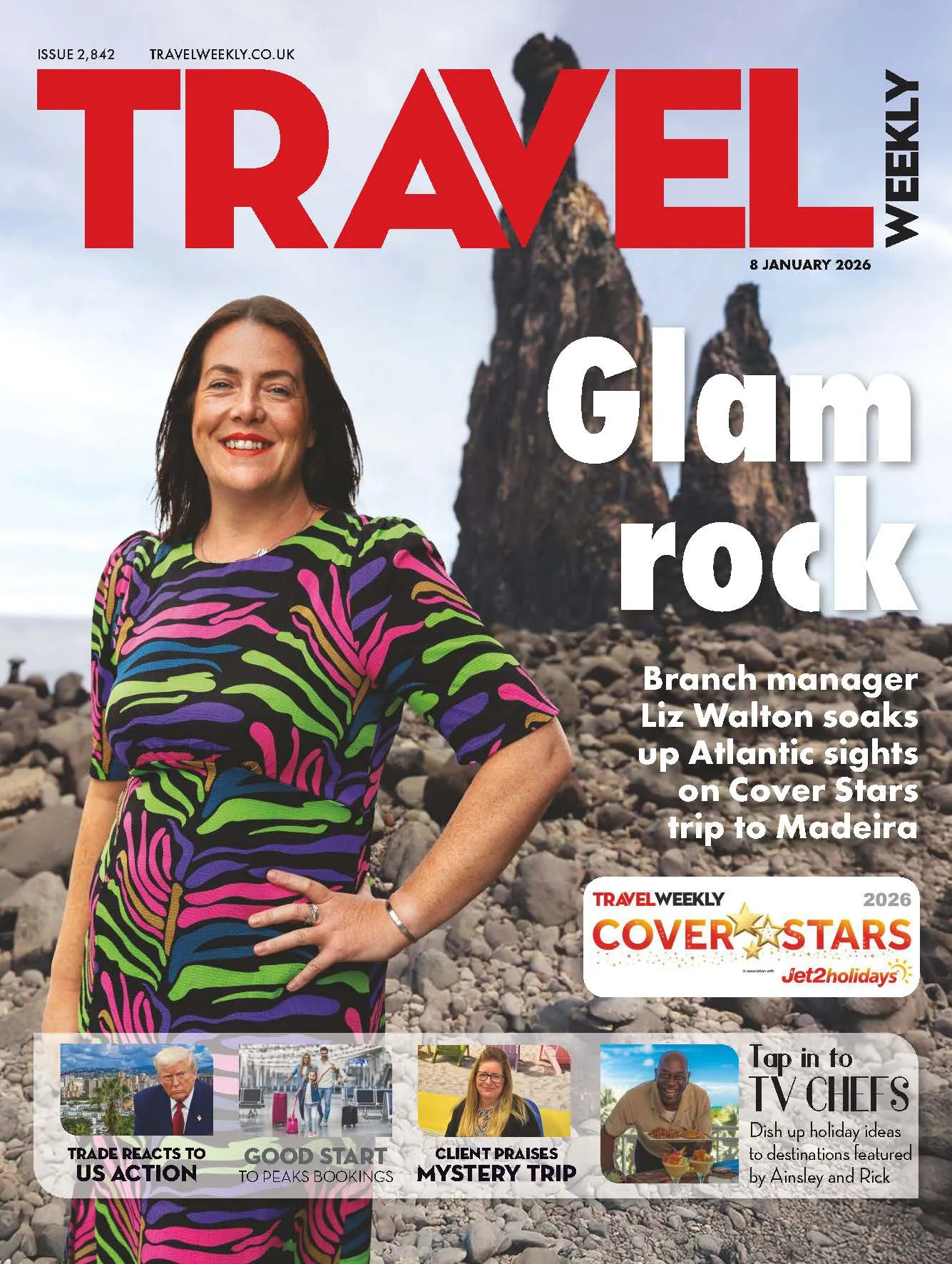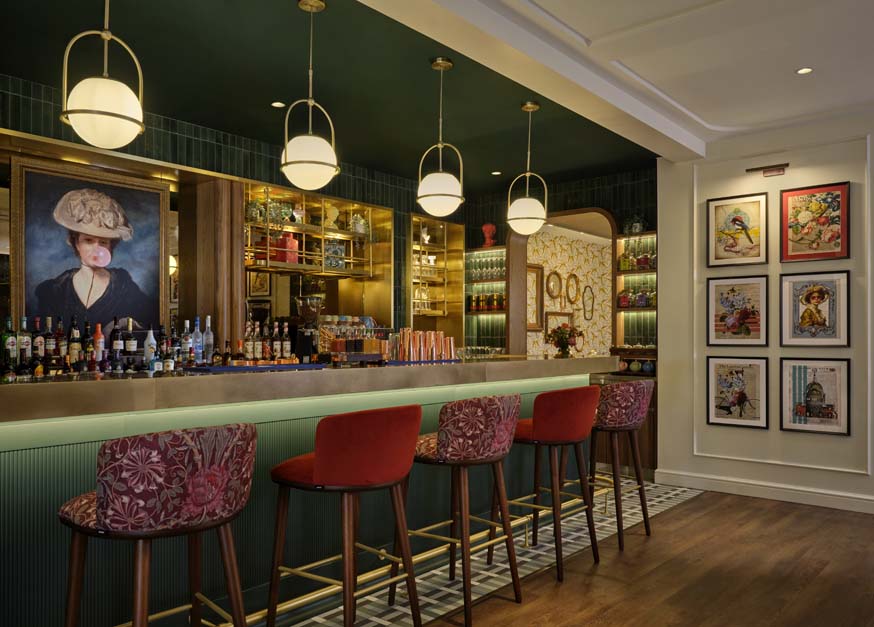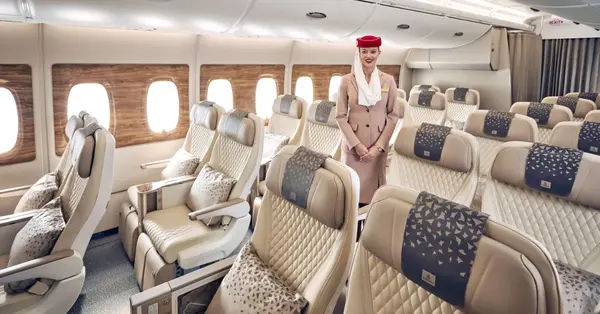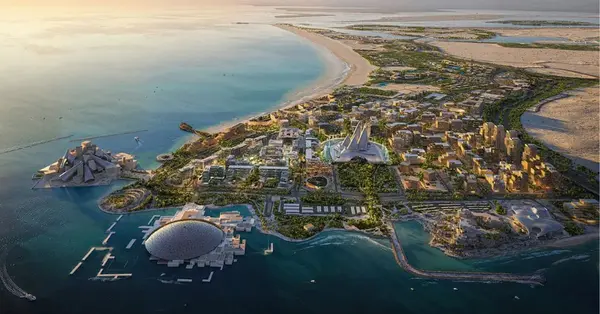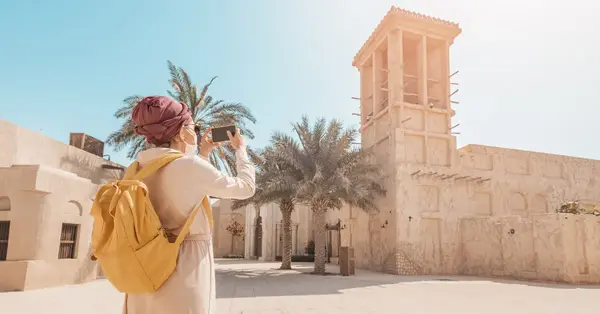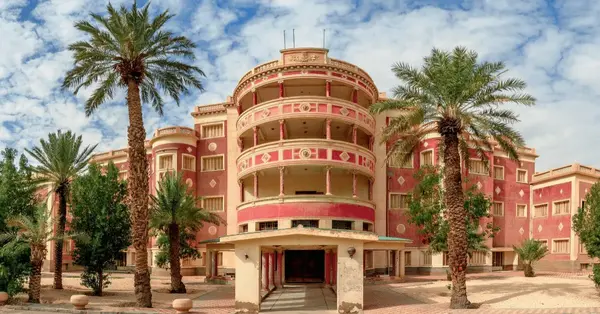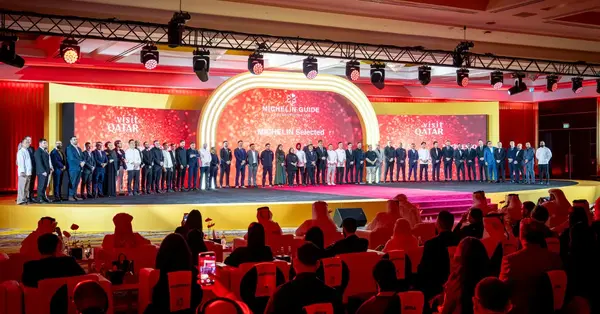GCC inbound visitors want art and culture before beaches and shopping
Report from PwC and travel data platform Mabrian shows shift in traveller expectations
Visitors to the GCC are more interested in arts and culture than beaches and shopping malls.
That’s according to new research from PwC Middle East and travel data intelligence platform Mabrian Technologies, which says visitor expectations have shifted in favour of destinations that offer “cultural meaning and emotional resonance”.
Arts and culture are the leading reasons to visit Qatar (28.5%), the UAE (26.6%) and Saudi Arabia (24.5%), topping previous attractions including beach resorts and high-end retail.
The report says visitors don’t simply want to see a destination, they want a meaningful experience driven by wellness, culture, spirituality or nature, in places that embody local identity and values.
Reflecting broader travel trends, these findings are echoed by recent booking data from Wego, which shows a rising preference among Saudi travellers for experience-led holidays that foster deeper engagement with local traditions and communities.
Takeaways for destinations from the PwC report include offering curated, purpose-driven experiences; connected experiences with shared infrastructure and mobility links; and experiences that deliver a sense of place, culture and local character.
RELATED:
Allianz survey identifies UAE outbound travel plans
5 trends shaping Saudi travel this summer
Mabrian reveals religious travel trends in Saudi Arabia
PwC Middle East has developed a strategic framework – Stay Play Shop: Shaping Integrated Destinations for Connected Visitor Experiences – which outlines a roadmap for tourism stakeholders to tap into this opportunity.
The framework suggests adopting dynamic, visitor-centric ecosystems to deliver longer stays, deeper visitor engagement and increased economic impact.
PwC says Stay Play Shop combines accommodation, experiences and transactions into a visitor experience that drives engagement and creates a difference across leisure, sports, wellness, culture and entertainment.
The consultancy adds that this approach is especially important in destinations which have a relatively short average length of stay, with Mabrian saying the average in Saudi Arabia is 4.1 days, 4.4 days in the UAE and just 3.3 days in Qatar.
“By embracing the Stay Play Shop model, leaders can shape not just where people go but how deeply they connect and experience places,” said Philippe Najjar, Destinations Consulting Partner at PwC Middle East.
“This goes beyond destination development to crafting generational legacies that fuel cultural pride, visitor loyalty and sustained economic return.”
For more information, visit www.pwc.com/m1/en/publications
DOWNLOAD OUR FREE 76-PAGE CONNECTING TRAVEL INSIGHT REPORT TODAY

